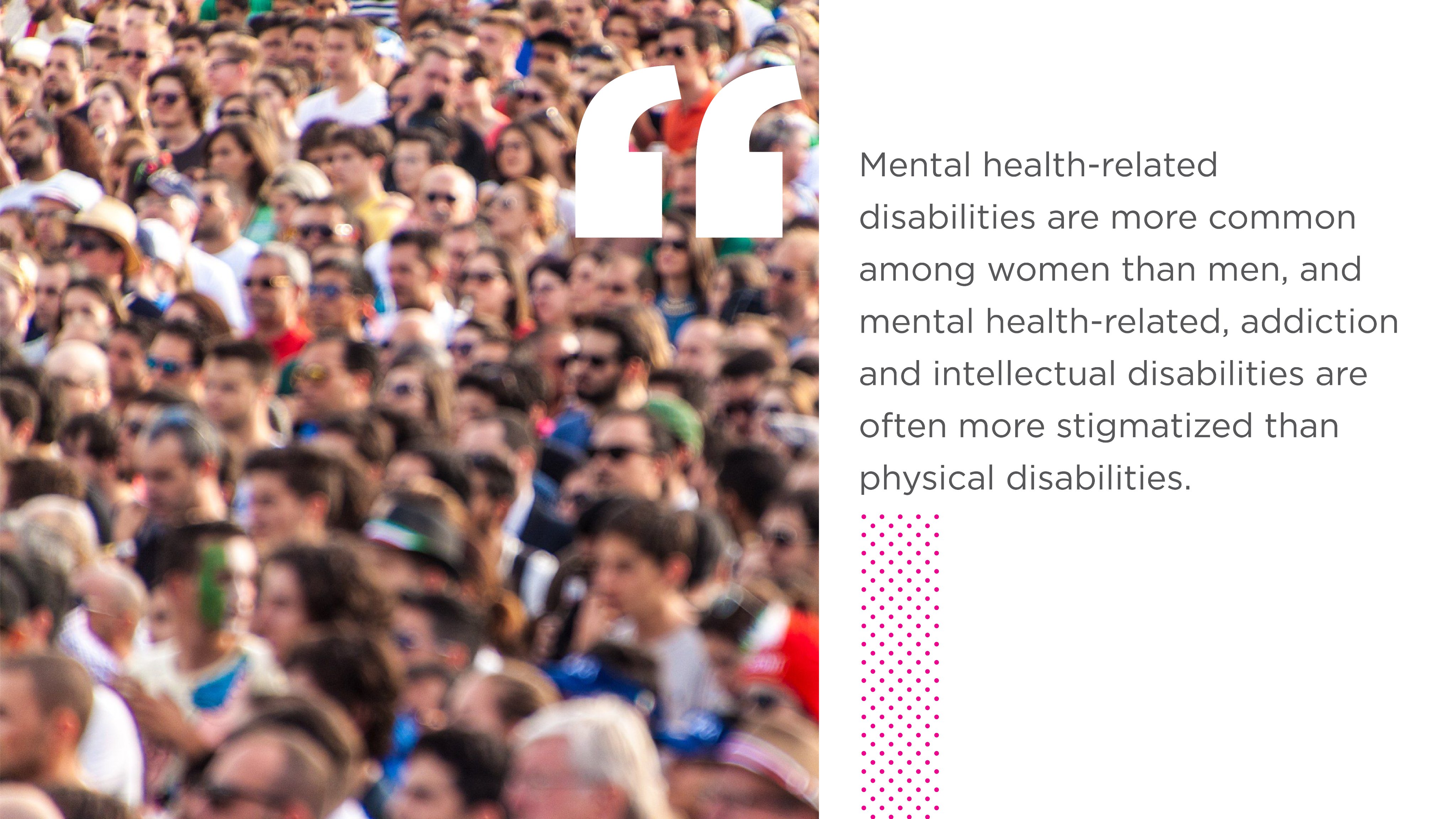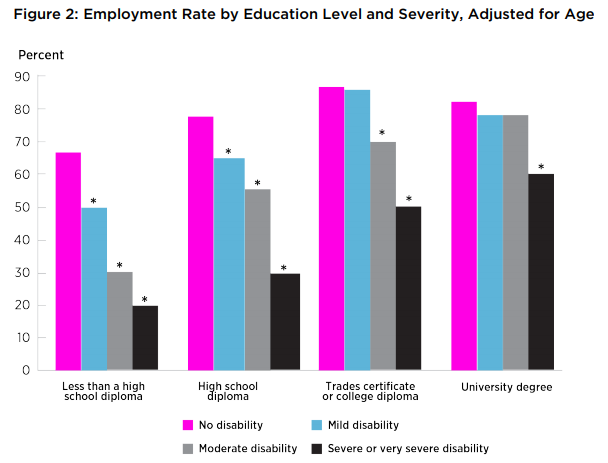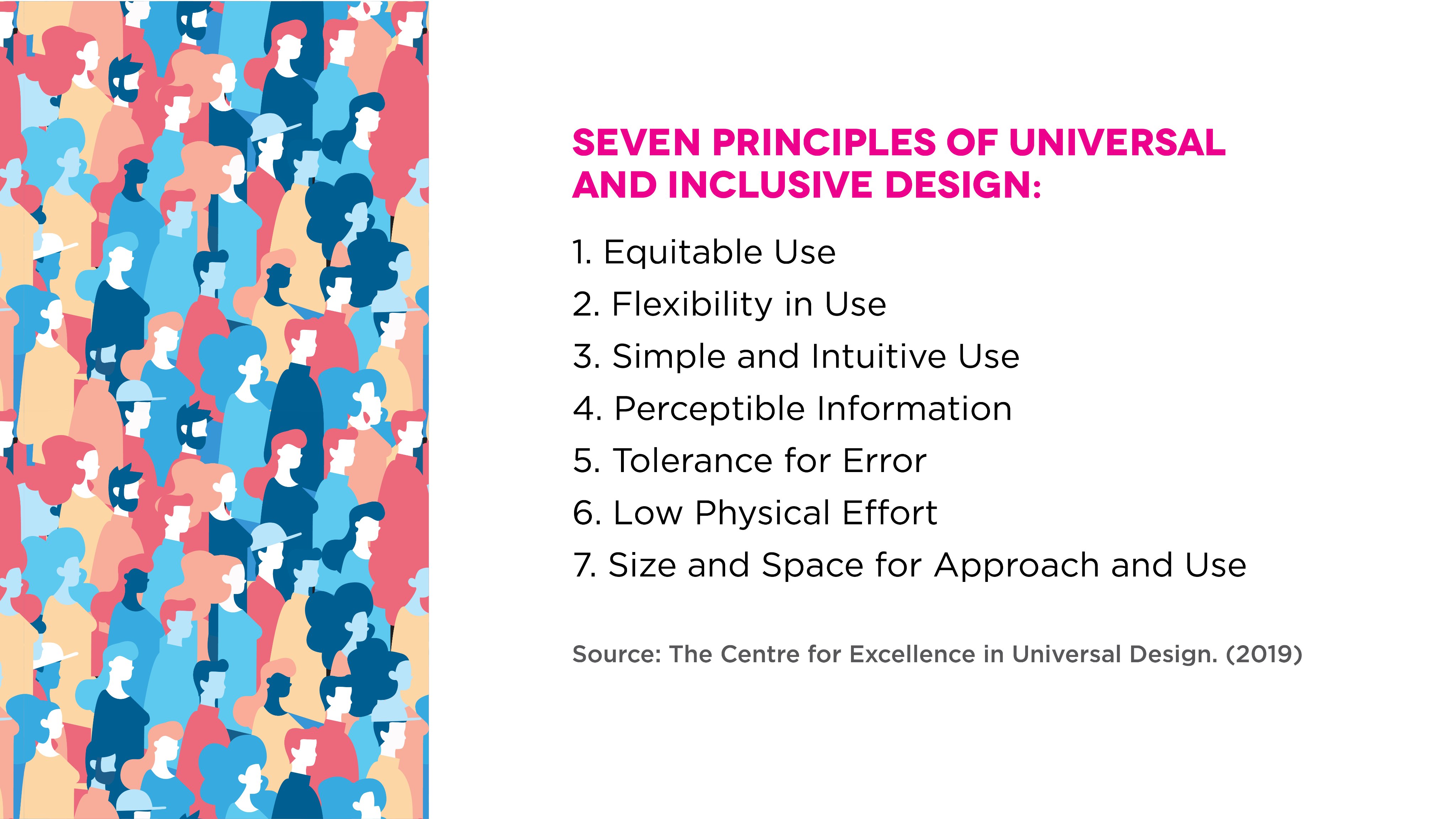CIRHR Instructor Emile Tompa (Assistant Professor, Dalla Lana School of Public Health), CIRHR Postdoctoral Research Fellow Dan Samosh, and Normand Boucher (Center for Interdisciplinary Research in Rehabilitation and Social Integration (CIRRIS) and School of Social Work and Criminology, Université Laval), have published a report with the Public Policy Forum, "Skills Gaps, Underemployment, and Equity of Labour-Market Opportunities for Persons with Disabilities in Canada"
From Public Policy Forum:
While people with disabilities can achieve socially integrated, financially independent lives through secure, well-paid employment, they are often trapped in low-skill jobs at high risk of automation. Emile Tompa, Daniel Samosh and Normand Boucher underscore the importance of training opportunities that are well aligned with the skills likely to be in high demand in future.
Key Takeaways
- Canadians with disabilities, from mild to severe, live in poverty at rates 40% to nearly 200% higher than Canadians without disabilities.
- Persons with disabilities are often trapped in low-skill jobs at high risk of automation.
- By age 40, half of Canadians will experience mental illness, and mental health disabilities are more common among women than men.
This report is part of Skills Next, a collaboration between Public Policy Forum, the Future Skills Centre, and Ryerson University’s Diversity Institute. The IRHR Library's PWR: Work&Labour News&Research covered all eight reports published in the project.
Public Policy Forum also shared highlights from the report on Twitter:
Among Canadians aged 25 to 64, 28% of those with severe disabilities & 14% of those with mild disabilities live in poverty.
Our latest #SkillsNext report examines why people with disabilities are underemployed & how to change that. https://t.co/UEI7pV59WI#cdnpoli #inclusion pic.twitter.com/ymqMB01LDy
— Public Policy Forum (@ppforumca) January 28, 2020
This report by Emile Tompa, Dan Samosh & Norman Boucher examines the reasons that people with disabilities are underemployed, including lower rates of educational attainment, skill gaps, pay discrimination, employer stigma & a lack of access to supports in education & employment.
— Public Policy Forum (@ppforumca) January 28, 2020
By age 40, half of Canadians will experience mental illness. Taking a social approach opens the possibility for more inclusive societies through changes to societal norms, including the removal of social & physical barriers to participation in education, employment & other roles. pic.twitter.com/Rnin8ZjiCr
— Public Policy Forum (@ppforumca) January 28, 2020
The relationship between education & disability severity is central to understanding the disability skills gap in Canada. Researchers have highlighted that “education and skills development are integral to closing the employment gap between persons with & without disabilities.” pic.twitter.com/smo3J28yyl
— Public Policy Forum (@ppforumca) January 28, 2020
The disability confidence concept can be extended beyond workplaces to inform policymakers. The Centre for Universal Design developed 7 principles of universal & inclusive design that can guide any policy, building, service or other factor influencing the accessibility of work. pic.twitter.com/dVHiWPuyge
— Public Policy Forum (@ppforumca) January 28, 2020






